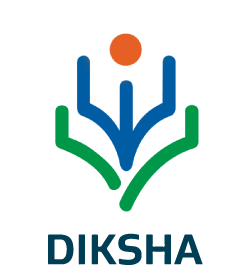ICT Integration in Teaching-Learning Process for Sustainable Education: A Study
Keywords:
Information and Communication Technology (ICT), Sustainable Development, Quality Education, School EducationAbstract
Integrating “Information and Communication Technology (ICT)” into education is essential for achieving sustainable education in line with the National Education Policy (NEP) 2020. ICT enhances personalized learning, boosts student engagement, and equips students with necessary digital-era skills. Utilizing interactive multimedia, online resources, and collaborative tools nurtures critical thinking and problem-solving abilities. Education must instil knowledge, mindsets, interests, and competencies that support sustainable development. Foundational education focusing on functional literacy, vocational skills, environmental awareness, and responsible citizenship is crucial for sustainable progress. ICT improves education quality by making educational content and best practices more accessible. Challenges in sustainable educational development can be effectively addressed through ICT interventions. ICT-based strategies, such as social networking, promote constructivist learning and facilitate transformative changes, making ICT a powerful tool for advancing sustainable education. This research paper investigates the use of ICT in Meghalaya’s schools for sustainable education and identifies obstacles schools face in utilizing ICT for Sustainable Development. A descriptive survey approach was used, involving questionnaires distributed to secondary school teachers in East Khasi Hills, Meghalaya. Data analysis through percentage calculations highlights the need for appropriate measures to enhance education quality through ICT integration.








